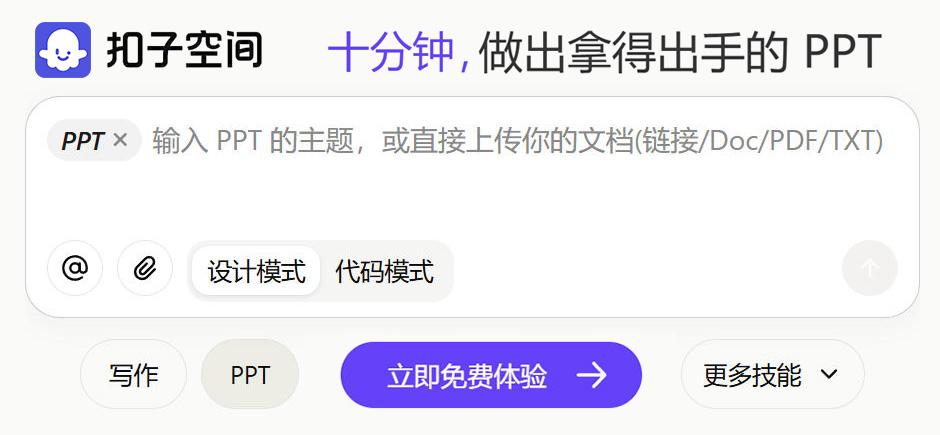In an era where technology continues to reshape the music industry, AI is emerging as a powerful tool for creative expression. The phrase “Run” is not just a command or a Metaphor—it represents the dynamic and evolving nature of music creation through artificial intelligence. This article explores the role of AI in generating music, focusing on the use of prompts that can guide the creation of compelling and innovative soundscapes.
Understanding AI Music Generation
AI music generation involves using machine learning algorithms to create music based on input prompts. These prompts can be textual descriptions, audio samples, or even emotional cues. By training models on vast datasets of existing music, AI systems can generate new compositions that are both original and stylistically aligned with the input.
One of the key advantages of AI in music generation is its ability to create content that is not only technically sound but also emotionally resonant. This makes it a valuable tool for both musicians and audio producers looking to push creative boundaries.
Crafting Effective AI Music Prompts
To generate high-quality music with AI, it’s essential to craft effective prompts that capture the essence of the desired sound. A well-designed prompt should include elements such as:
- Genre and Style: Specify whether the music should be pop, classical, electronic, or something more experimental.
- Emotional Tone: Indicate if the music should be upbeat, melancholic, energetic, or nostalgic.
- Instrumentation: Choose the instruments or sound effects that will be used in the composition.
- Tempo and Rhythm: Define the speed and structure of the piece.
- Mood and Subject: Provide a narrative or theme that the music should convey.
For example, a prompt might be: “Create an electronic dance track with a melancholic undertone, using synth tones and a slow tempo, evoking a sense of nostalgia and reflection.” This prompt gives the AI clear directions to follow, resulting in a composition that is both technically accurate and emotionally engaging.
The Role of AI in Music Production
AI is not just a tool for generating music—it is also a valuable asset in the entire music production process. From composing and arranging to mixing and mastering, AI can assist in various stages. For instance, AI can help identify the most suitable instruments for a given genre or suggest arrangements that enhance the overall sound.
Moreover, AI can be used to generate backing tracks, create harmonies, and even assist in the production of multi-track recordings. This allows artists and producers to focus on their creative vision while leveraging the power of technology to enhance their work.
Challenges and Considerations
While AI offers many benefits, there are also challenges and considerations to keep in mind. One of the main concerns is the potential for AI-generated music to lack the human touch and emotional depth that is often associated with traditional music. It is important to use AI as a complementary tool rather than a replacement for human creatiViTy.
Additionally, there are ethical considerations related to the use of AI in music generation. Issues such as copyright, ownership, and the impact on traditional music industries need to be addressed. As AI becomes more integrated into the music industry, it is crucial to establish guidelines and standards that ensure fair use and proper attribution.
Conclusion
In conclusion, AI is revolutionizing the way music is created and consumed. By understanding and effectively using AI music prompts, artists and producers can unlock new creative possibilities and push the boundaries of what is possible in music generation. The future of music lies in the intersection of human creativity and artificial intelligence, and by embracing this technology, we can shape a more dynamic and innovative musical landscape.
Key Terms:
- AI Music Generation – The process of creating music using artificial intelligence.
- Prompt Design – Crafting effective instructions for AI to generate music.
- Emotional Tone – The mood or feeling that the music should convey.
- Instrumentation – The selection of instruments or sound effects used in the composition.
- Tempo and Rhythm – The speed and structure of the music.
By understanding these elements and how they interact, users can harness the full potential of AI in music creation. The key to successful AI music generation lies in the quality of the prompt and the ability to communicate a clear vision to the algorithm. As the technology continues to evolve, it is up to us to guide its development in a way that benefits both creators and listeners.








 津公网安备12011002023007号
津公网安备12011002023007号